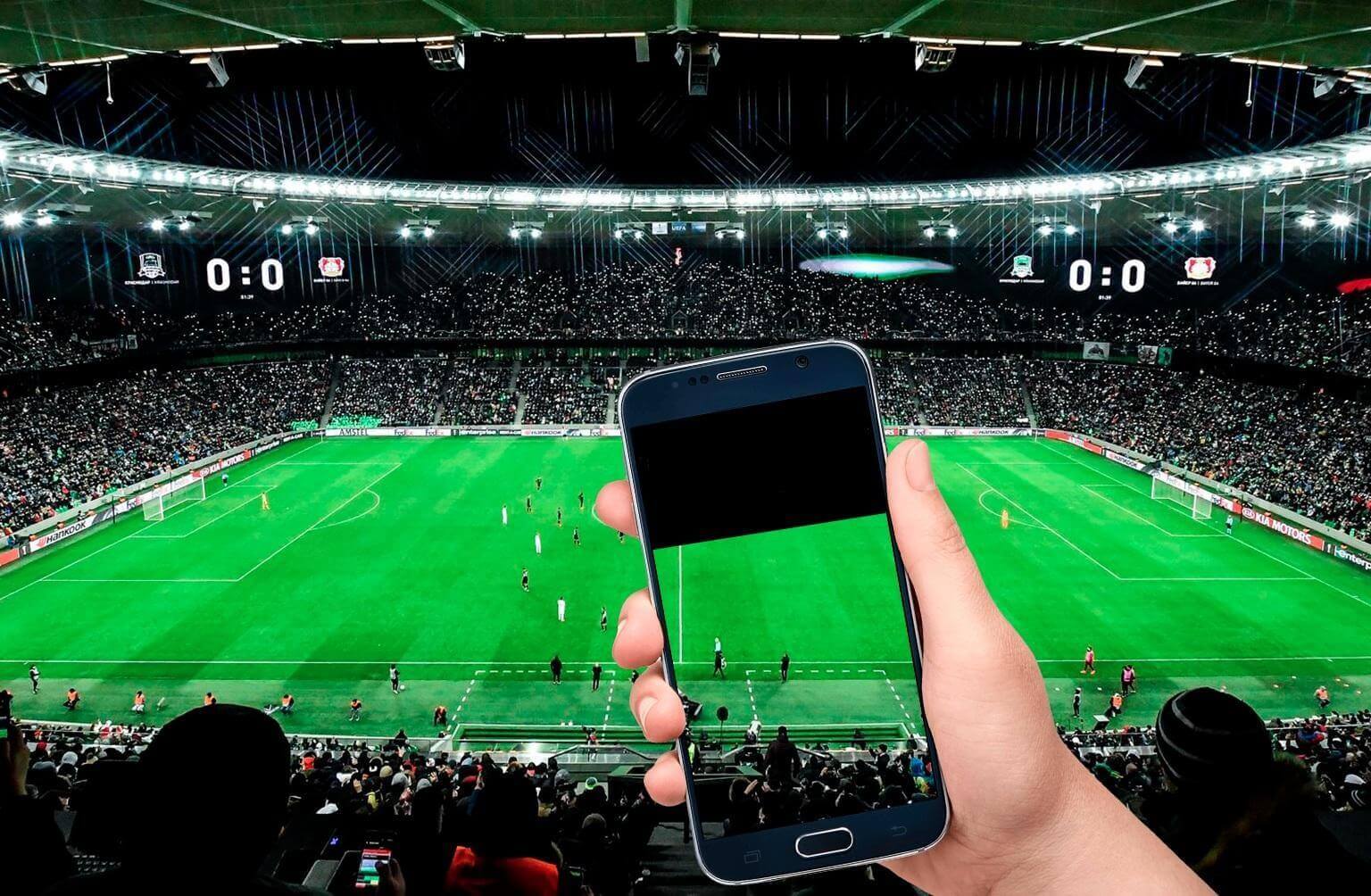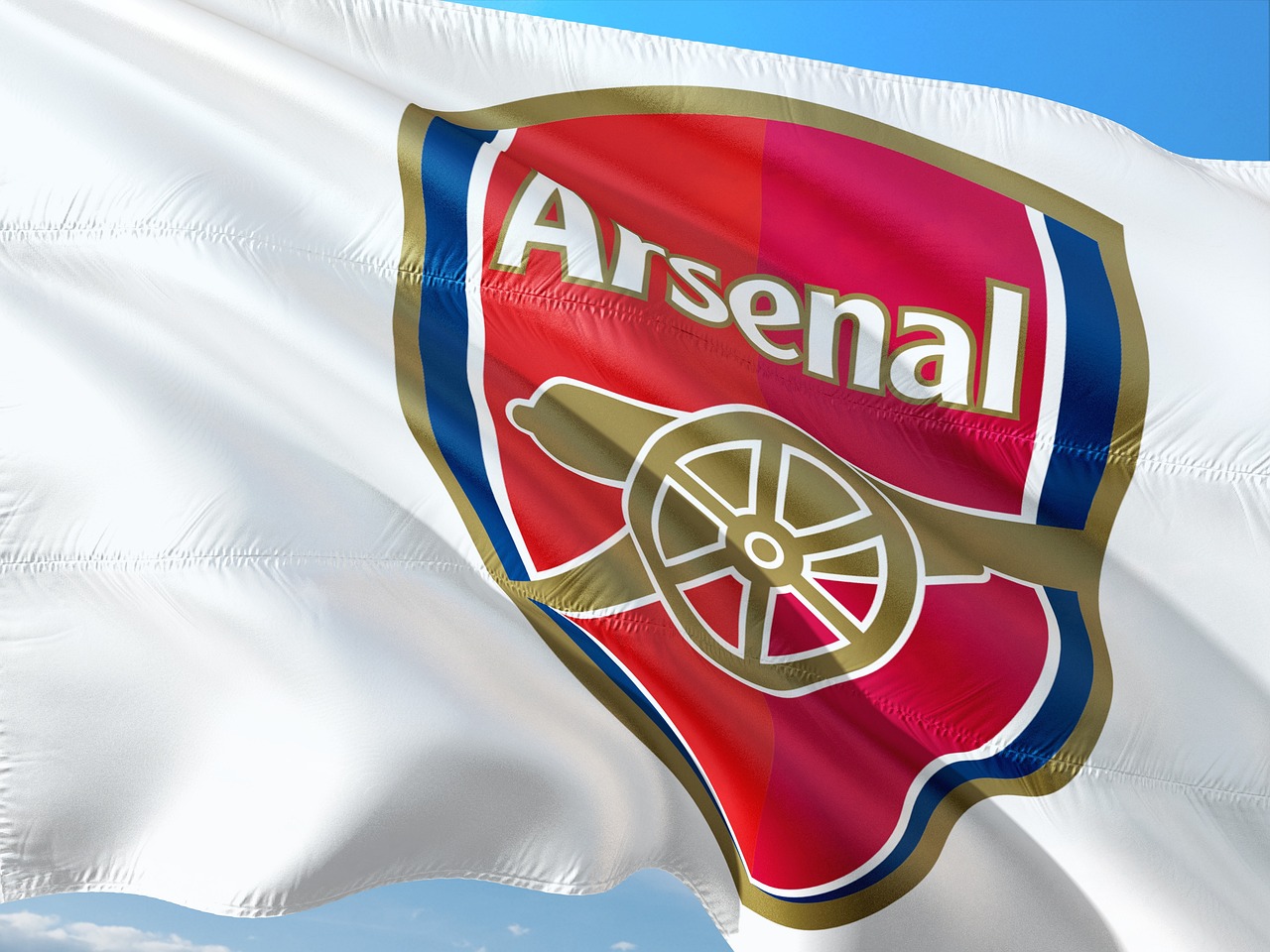The History of Football Betting: How it Has Evolved Over Time
Football, often referred to as "the beautiful game

Football, often referred to as "the beautiful game," has captivated the hearts and minds of millions across the globe for over a century. From neighborhood matches on muddy fields to the dazzling displays in world-class stadiums, the sport has a magic that binds people of different backgrounds, cultures, and beliefs. As enthusiasts and bettors seek reliable platforms to engage with the sport, platforms like Mostbet Bangladesh emerge as notable destinations. Parallel to the thrill of the game on the pitch is the allure of predicting its outcome off it.
Football betting, a phenomenon as old as the game itself, offers fans a chance to capitalize on their foresight, adding an extra layer of excitement and engagement. As the game has evolved, so has the world of football betting, transforming from simple wagers between friends to a multi-billion-dollar global industry. This article delves into the fascinating journey of football betting, tracing its history, exploring its development, and forecasting its future trajectory.
Early Days and 20th Century of Football Betting
The roots of football betting are intertwined with the very origins of the sport. Long before the establishment of formal leagues and competitions, local communities across Europe would engage in informal football matches, often turning them into events of significant social importance. With these games came the innate human desire to predict and place stakes on the outcome, leading to rudimentary forms of betting. In the United Kingdom, which is often considered the birthplace of modern football, betting on sports was already a popular pastime by the 18th century. Horse racing was the dominant betting sport of the era, but with the codification of football rules and the formation of organized clubs in the 19th century, football began to draw attention from the gambling community.
The emergence of bookmakers became more prominent during this period. Initially operating as on-track entities for horse racing, these bookies soon recognized the potential of football as a betting medium. They would offer odds on football matches, taking bets from the eager public and ensuring a profit by carefully balancing the odds in their favor. However, it was the introduction of football pools in the late 1920s that truly democratized football betting for the masses. Football pools allowed people to bet on the outcome of several matches for a minimal stake, usually a penny, with the chance of winning a significant sum should their predictions be accurate. The "Penny Points" system and other similar formats became a Saturday afternoon tradition for many working-class families.
Around the same time, there was growing interest in the Integration of Gambling into Women’s Sports, reflecting the increasing recognition and popularity of women's athletic events. This shift signified an inclusive approach, expanding the scope and appeal of betting beyond traditionally male-dominated sports.
Despite its growing popularity, football betting during these early days was not without its challenges. The absence of standardized regulations meant that gamblers were often at the mercy of unscrupulous bookmakers. Furthermore, there was a social stigma attached to gambling, often perceived as a vice or a sign of moral weakness. Nevertheless, as the game of football grew in stature, its betting counterpart followed suit. The informal wagers among friends and the initial bookmaker setups were just the beginning, setting the stage for an industry that would soon undergo significant transformations in the century to come.
Football Betting in the 20th Century
The 20th century marked a period of profound change for both football and the associated betting industry. As the game's popularity surged, bolstered by global tournaments and increased media coverage, football betting adapted to meet the insatiable demands of its ever-growing audience.
One of the most significant shifts occurred in the 1960s in the United Kingdom with the legalization of betting shops under the Betting and Gaming Act of 1960. Until then, off-course betting had been illegal, forcing it to operate covertly. The Act transformed the landscape, leading to the establishment of licensed betting shops that sprung up across towns and cities. These establishments became social hubs, where enthusiasts would gather, discuss, and place bets on upcoming matches. The decades that followed saw a diversification of betting opportunities. No longer confined to predicting mere match outcomes, bookmakers began offering odds on a plethora of events within a game— from the number of goals scored to the players receiving yellow or red cards. Such innovations made the betting experience more immersive, allowing gamblers to engage with multiple facets of a match.
Another landmark development of the 20th century was the advent of live betting. Initially introduced in the latter part of the century, this format allowed punters to place bets on matches as they were being played. This real-time engagement added a thrilling dimension to football betting, as odds shifted dynamically based on the unfolding events on the pitch.
However, this period wasn't without challenges. As betting volumes grew, so did concerns over the integrity of the sport. Allegations of match-fixing and illicit agreements between players, officials, and gamblers surfaced periodically, casting shadows over both the game and the betting industry. In response, football governing bodies and betting regulators introduced measures to ensure transparency and uphold the game's integrity. By the close of the 20th century, football betting had firmly established itself as a prominent industry, with millions of pounds exchanged over match outcomes weekly. The groundwork laid during these years, from regulatory frameworks to innovative betting formats, paved the way for the next wave of evolution in football betting— one that would be driven by technology and the digital age.
Digital Revolution and Future of Football Online Betting
As the 21st century dawned, the world stood on the precipice of a digital revolution, and the football betting industry was no exception to its transformative effects.
The emergence of the internet and rapid advancements in digital technology reshaped the traditional paradigms of football betting, making it more accessible, diverse, and interactive than ever before.

- The Rise of Online Betting Platforms: The late 1990s and early 2000s witnessed the launch of numerous online betting platforms. These websites, often backed by established brick-and-mortar bookmakers, offered a new and convenient way for enthusiasts to place bets. No longer did one have to visit a physical shop; with a few clicks, bets could be placed from the comfort of one's home.
- Mobile Betting and Apps: The proliferation of smartphones and mobile devices further accelerated the online betting trend. Bookmakers quickly realized the potential of mobile platforms, leading to the development of dedicated betting apps. These applications allowed punters to place bets, check live odds, and even stream matches on the go.
- In-Play Betting and Enhanced Interactivity: One of the standout features of online platforms was the ability to offer in-play or live betting. While this concept had its roots in the late 20th century, the digital realm took it to new heights. Punters could now bet on real-time events within a match, such as the next goal scorer or the timing of the next corner kick, all while following the game's live progression.
- Global Accessibility: Online platforms democratized football betting on an unprecedented scale. Fans could bet not only on local leagues but also on matches and tournaments from around the world, be it the English Premier League, La Liga, or the FIFA World Cup.
- Data Analytics and AI: The digital age brought with it a deluge of data. Sophisticated algorithms and artificial intelligence began to play a pivotal role in predicting match outcomes, player performances, and more. Many serious punters started relying on these tools to inform their betting strategies.
- Concerns and Challenges: The ease of access to online betting also brought with it a new set of challenges. Issues of gambling addiction became more pronounced, leading to calls for better safeguards and responsible gambling measures. Additionally, concerns about match-fixing, particularly in lesser-watched leagues, and the security of online transactions demanded continuous oversight and regulation.
The digital revolution, in essence, transformed football betting from a localized, shop-based activity into a global, 24/7 phenomenon. With technology's relentless march forward, the boundary between the virtual and real worlds of football betting grew increasingly blurred, promising further innovations and changes in the years to come.
Future of Football Betting
As the world continues to evolve at a blistering pace, the realm of football betting stands on the cusp of even more transformative changes. Advances in technology, shifts in user behavior, and increasing regulatory scrutiny will undoubtedly shape the industry's future. Here's a glimpse into what lies ahead:
- Virtual Reality (VR) and Augmented Reality (AR): As VR and AR technologies become more refined and accessible, they could dramatically change the betting experience. Imagine watching a live game in a virtual stadium, surrounded by fellow fans, while accessing real-time betting options within this virtual space. AR might overlay crucial match statistics, player data, and live odds onto the real-world game view, providing a richer, more immersive betting environment.
- Cryptocurrencies and Blockchain: The rise of digital currencies like Bitcoin and Ethereum offers a new paradigm for transaction methods in betting. Not only could these cryptocurrencies make betting transactions swifter and more secure, but the underlying blockchain technology could also enhance transparency and trust, potentially reducing fraudulent activities and match-fixing.
- Personalized Betting Experiences: Advanced algorithms and machine learning could tailor betting experiences to individual users. Based on a user's past behavior, preferences, and even mood, platforms could offer customized odds, promotions, and betting opportunities.
- Stringent Regulations and Ethical Considerations: As football betting grows, so will the attention from regulators. Stricter regulations might be put in place to combat gambling addiction, ensure fair play, and protect user data. The industry may also face ethical dilemmas, especially concerning its role in promoting responsible gambling and not exploiting vulnerable individuals.
- Data-Driven Decisions and AI: As data analytics becomes even more sophisticated, the reliance on AI-driven insights for placing bets will intensify. We could see the emergence of AI assistants that advise punters on betting strategies based on vast datasets, from player health and weather conditions to team morale and past performances.
- Integration with Other Entertainment Modes: Football betting might not remain a standalone activity. It could seamlessly integrate with other forms of entertainment, such as video games, virtual sports, or even fantasy football leagues, creating a holistic entertainment ecosystem.
- Fan Engagement and Direct Participation: There might be avenues for fans to influence real-time odds or even certain aspects of the game, especially in charity matches or exhibition games. This direct participation could add a layer of strategy and unpredictability to the betting landscape.
In essence, the future of football betting is poised to be as dynamic and exhilarating as the sport itself. As technological innovations continue to redefine the boundaries of possibility, one thing remains certain: the love for football and the thrill of prediction will continue to drive the industry forward, albeit in ways we might not yet even imagine.
Conclusion
The journey of football betting, much like the sport it revolves around, is a tale of passion, innovation, and evolution. From its humble beginnings as local wagers in neighborhood matches to its meteoric rise as a global digital phenomenon, football betting has consistently mirrored the spirit of the times. As we stand on the threshold of a future brimming with technological promise, it's evident that the world of football betting will continue to innovate, adapt, and enthrall. Yet, amidst this whirlwind of change, the core essence remains unchanged: the love for the game and the exhilarating rush of predicting its outcome. As we look ahead, it's crucial for stakeholders, from punters to regulators, to champion responsible and ethical practices, ensuring that the beautiful game's integrity and the joys of betting on it remain untarnished for generations to come.







